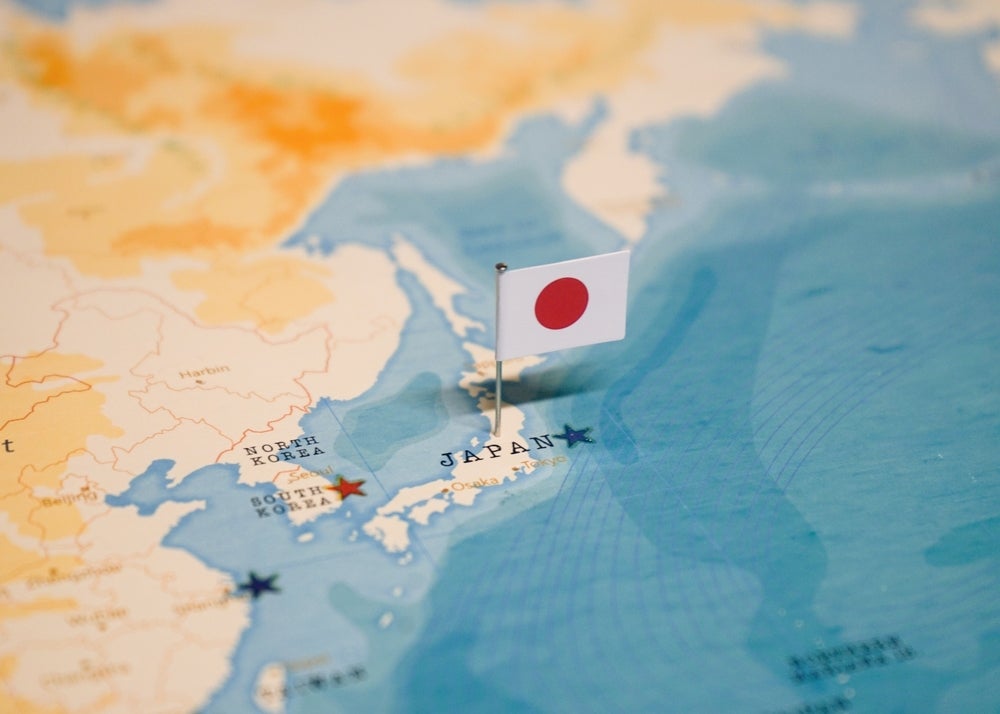WorldPay has published its Global Online Shopper
Report, a study that investigates the shopping habits of
online consumers worldwide.
The report surveyed 19,000 consumers from
fifteen countries: UK, USA, China, Germany, Spain, Finland, France,
Japan, Russia, Brazil, Mexico, Australia, Canada, Argentina and
India.
WorldPay found that although consumers are
diversifying the devices with which they buy online, more than half
of the transactions (55%) are still made using a laptop.
Smartphones and tablets, however, with 19% and
11% respectively of the total usage, are particularly popular among
‘heavy spenders’ (i.e. those who would spend 30% of their income
online).
The report shows how 55% of these heavy
spenders used a smart phone last year to make online purchases. And
67% of them used a tablet in the last three months to pay ‘on the
go’.
How well do you really know your competitors?
Access the most comprehensive Company Profiles on the market, powered by GlobalData. Save hours of research. Gain competitive edge.

Thank you!
Your download email will arrive shortly
Not ready to buy yet? Download a free sample
We are confident about the unique quality of our Company Profiles. However, we want you to make the most beneficial decision for your business, so we offer a free sample that you can download by submitting the below form
By GlobalDataPayment preferences
Credit card remains king as the payment method
of choice for 69% of consumers surveyed, especially in more mature
markets like US and UK.
Commenting on the findings, McGriskin, told
Cards International: “Alternative forms of
payment are on the rise, particularly in countries such as
China or India. 40% of global respondents regularly use
PayPal. In China, the use of Alipay is as high as 65% and has
more users worldwide than PayPal.”
McGriskin also observes that China’s
UnionPay-issued credit cards are becoming increasingly important
for retailers looking to sell to the Chinese market, to the extent
that they could overshadow both Visa and Mastercard in a year’s
time.
Mobile Payments
McGriskin emphasises that m-payments are also
rising in popularity in emerging markets like China and India where
46% and 40% of respondents respectively buy online using their
smartphones. “A significant figure given that this statistic
is 14% in the UK, just 7% in France, 12% in Germany and a meagre 9%
in Japan” he said.
Heavy shoppers, limitless
opportunities
WorldPay also found that developing economies
have the highest proportion of ‘heavy shoppers’. The majority of
e-commerce customers in China and India are ‘heavy spenders’ with
48% and 54% respectively already willing to spend more than 30% of
their disposable income online.
The report concludes that eCommerce
expenditure is expected to increase dramatically in the near
future. Globally, WorldPay assures, 64% of shoppers would consider
spending more than 50% of their disposable income online. India and
China would lead the way, with 91% of consumers ready to do so in
the future.
Remote commerce at a mouse
click
e-consumers show also an increased tendency
for buying from merchants based in other countries. The
landmark case comes from the Antipodes. Australia alone has
the highest proportion of shoppers (76%) willing to buy from
retailers located abroad. But globally a considerable 44% of
e-consumers had made purchases from website overseas in the belief
that they can make better deals.
McGriskin explained to Cards
International: “If merchants can cater for consumers’ payment
preferences and understand the cultural nuances of consumers, the
eCommerce landscape gets very exciting and potentially
lucrative.”







